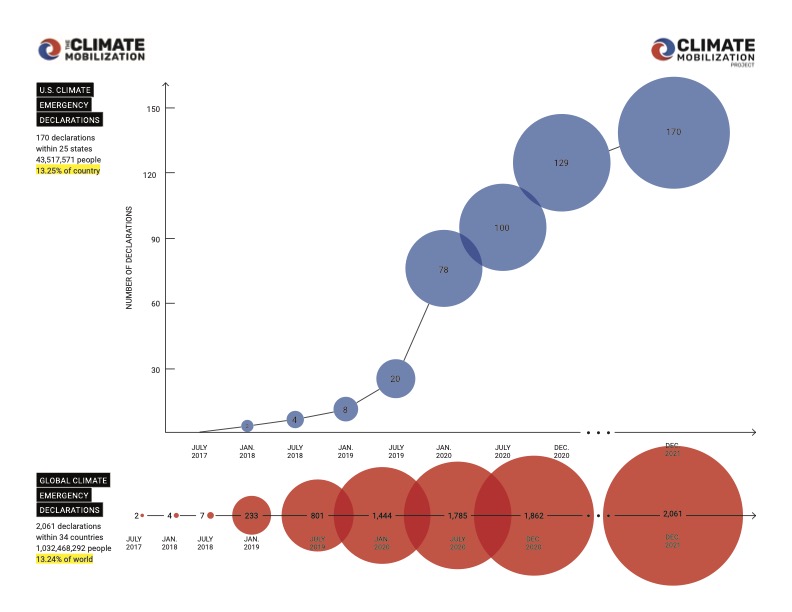The COVID-19 global pandemic has altered life in every corner of the world and has brought anxiety, uncertainty and hardship to so many. We are watching with great concern for loved ones, for vulnerable people in our communities, and for all people impacted by this crisis. Despite our individual isolation, we feel the care and solidarity of so many in the Climate Emergency community and hope for good health and wellbeing for all.
COVID-19 best practices for organizers
In-person Climate Emergency gatherings have been suspended, but this time of physical distancing will give us space to rethink how we build power and connect with others. This collection of organizing tactics has helpful and relevant hints beginning at the bottom of page 4. Powerlabs offers this resource for organizers as we respond to the events of the last two weeks. Here is general guidance from the United Nations and World Health Organization, and a message from Vox Media, posted by the CDC, both good summaries of best practices to help “flatten the curve” and keep ourselves and vulnerable neighbors safe.
Mobilization news
Writers and thinkers are beginning to draw on the lessons of the massive response to coronavirus, as well as the missteps, as they relate to the Mobilization needed to take on the Climate Emergency.
Forbes and Fast Company look at what it would mean to face the Climate Emergency with the same speed and urgency that we’ve dedicated to fighting coronavirus.
This analysis from Common Dreamsdemonstrates how we’ve arrived at this global pandemic so unprepared to address it, and points up the political changes we must make to strengthen our society for the climate crisis.
Check out the op-ed by This is Zero Hour founder Jamie Margolin linking the coronavirus response to the rapid, whole society Mobilization we must undertake on climate.
The Long Read
Take a look at this vision of a national climate mobilization effort published in Democracy Journal, from members of Jay Inslee’s staff and Green New Deal architect Rhiana Gunn-Wright. The article takes a detailed lens to how successful federal mobilization-style approach to the Climate Emergency would be supported by new federal and state agencies, providing a clear pathway toward rapidly eliminating greenhouse gas emissions across the economy and a Just Transition for American communities.
Climate Emergency Declaration Update
The global population under Climate Emergency continues to grow, now reaching 829,280,700 people in 28 countries. Welcome to San Diego, California, which declared Climate Emergency on March 10 by full council vote. Shout out to organizers in Canada, who have recently passed 500 declarations across the nation, with recent declarations from Shippagan, New Brunswick, and Clarington, Ontario.
Stay tuned for more online opportunities for action, sharing, and creative organizing in the weeks to come. Thank you for your support and dedication to this movement.
Be well and take care,
The Climate Mobilization Team

















